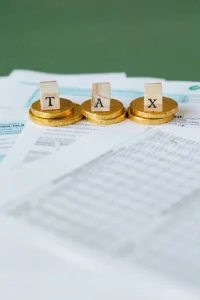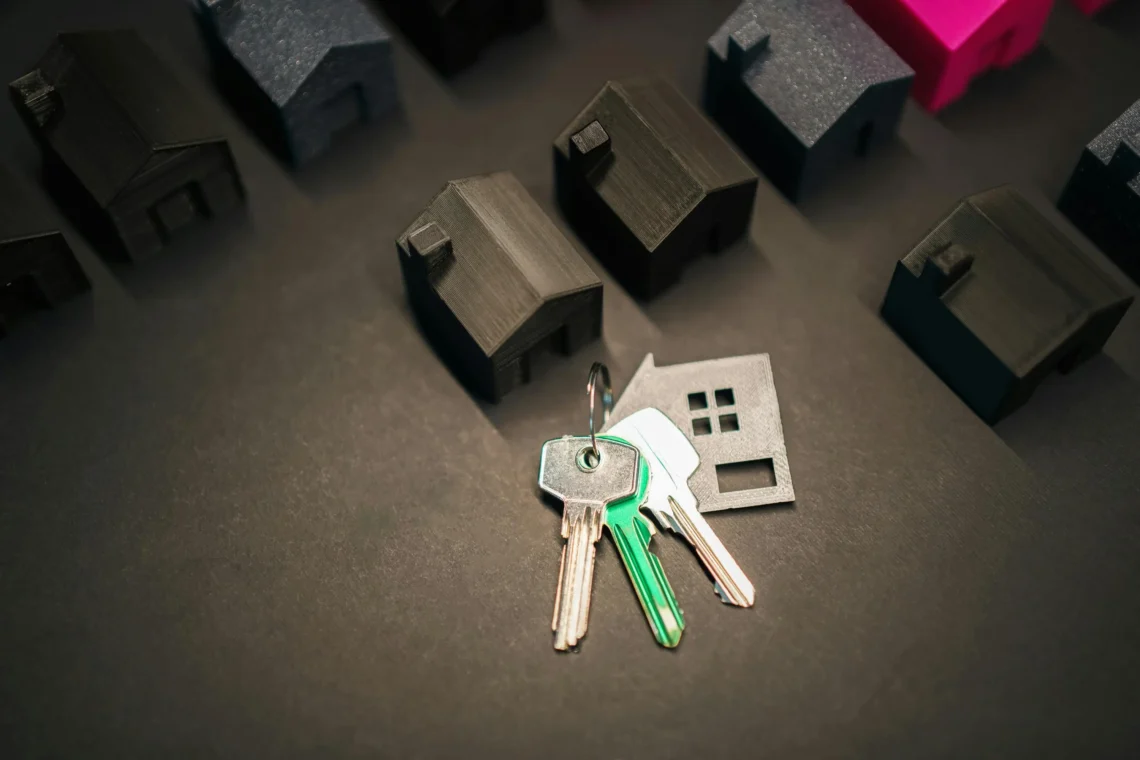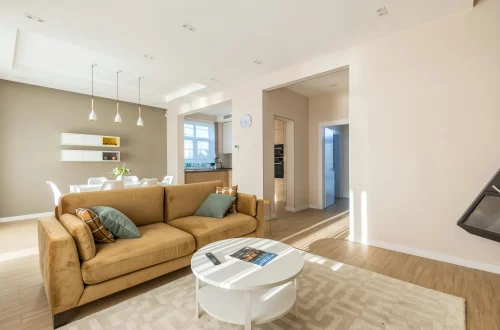Are you thinking about selling your second home, and don’t know what taxes might apply? You’re not alone. Many homeowners find out too late that the tax authorities want their share, too. In this guide, we explain clearly and practically everything you need to know about taxes, deductions, and costs to optimise the sale of your property and avoid unpleasant surprises.
1. Taxes and fees to consider
A second residence is treated differently from a primary residence in tax terms. These are the main taxes to consider:
- IRPF (Personal Income Tax): Declared as a non-business-related property. You pay tax on 2% of the cadastral value in your annual tax return.
- Municipal Capital Gains Tax: Levied on the increase in land value from purchase to sale. In Barcelona, a 30% rate on the taxable base applies, according to the Barcelona City Council.
Calculation of the municipal capital gains tax
- Taxable base: Difference between sale and purchase price, adjusted for improvements and deductible expenses.
- Tax rate: 30% in Barcelona.
- Tax amount: Taxable base × tax rate.
- Example: If the taxable base is €20,000, the tax due would be €6,000.
- IBI (Property Tax): Annual tax paid by whoever owns the property on January 1st. It is usually shared between the buyer and seller.
- VAT or ITP:
- If it’s a new build: 10% VAT.
- If it’s second-hand: ITP (4%-10%) + AJD (0.5%-1.5%), depending on the autonomous community.

2. Other costs associated with the sale
- Real estate agency fees: Between 3% and 5% of the sale price.
- Energy performance certificate (EPC): Legally required.
- Habitability certificate: Essential in regions such as Catalonia.
- Mortgage cancellation: Even if it’s paid off, it must be officially cancelled. Steps:
- Request a zero-debt certificate
- Sign before a notary
- Register at the Land Registry
3. Possible deductions and exemptions
- Deductible expenses: Renovations, notary, agency, etc.
- Over 65s: Exemption if reinvested in a life annuity.
- Used as primary residence: If you lived there for 3 years, you may qualify for exemptions.
- Offsetting with capital losses: You can reduce net gains.
- Choosing the right tax timing: Selling in a year with lower income may reduce taxation.

4. Practical tips to optimise the sale
- Gather all documentation in advance.
- Adjust the price to the market.
- Negotiate the distribution of costs with the buyer.
- Reinvest if you want to stay in the real estate market.
- Plan the sale if you own more than one property.
- If you are not a resident in Spain: 3% withholding of the sale price.
- Provide clear information to the buyer to avoid future claims.
5. What happens if you don’t declare a second residence?
- The tax authority will demand the unpaid amount plus late-payment interest.
- Surcharges: From 5%, increasing over time.
- Penalties: Up to 50% of the undeclared amount.
Also, the use you give to your second residence matters:
- Personal use: taxed as an empty home under the IRPF.
- Rental: income generated must be declared.

Frequently Asked Questions about selling a second residence (FAQ)
- What taxes do I have to pay when selling a second residence?
- Mainly IRPF, municipal capital gains tax, and IBI. The buyer pays VAT or ITP, depending on the case.
- Can I avoid paying IRPF when selling a second home?
- Yes, if you’re over 65 and reinvest in a life annuity, or if it was your primary residence for 3 years.
- What happens if I don’t declare my second home?
- You could face surcharges and even penalties of up to 50% of the undeclared amount.
- Do I need a habitability certificate to sell?
- Yes, in regions such as Catalonia, it is mandatory to formalise the sale.
We hope this article helped clear up your doubts about the costs, taxes, and deductions associated with selling a second residence. If you need assistance, feel free to contact our team.






